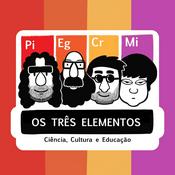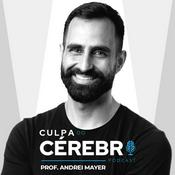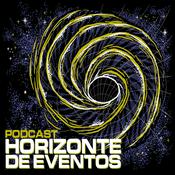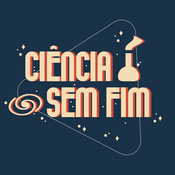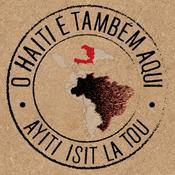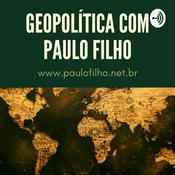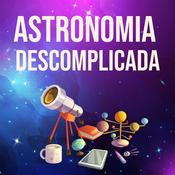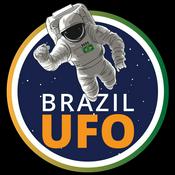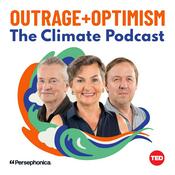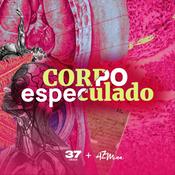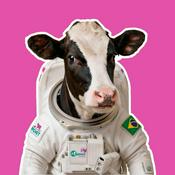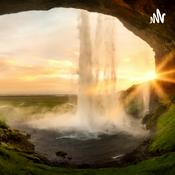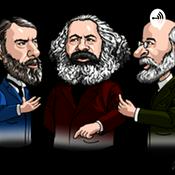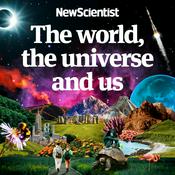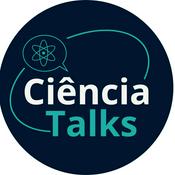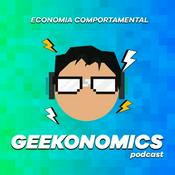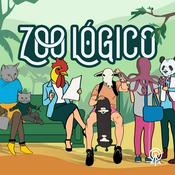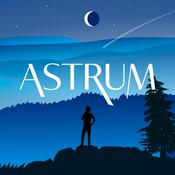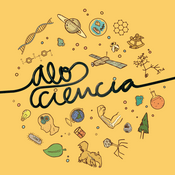348 episódios
- Ever heard of the unsuccessful Dutch painter who decided to humiliate his critics by forging Vermeers, which the artworld subsequently dubbed 'masterpieces'?
Or the businessman who bought a Marc Chagall painting that he displayed with pride for years, before a television investigation revealed to his horror that it was a fake?
Today we're exploring the scientific techniques used to reveal forged artworks - and bring down scammers still trying to make millions from fake masterpieces.
Jehane Ragai is an Emeritus Professor of Chemistry at the American University in Cairo, with a passion for science matched by her love of arts and culture. Early in her career Jehane helped analyse the Great Sphinx of Giza and later became fascinated by the world of art forgery, leading to her acclaimed book, ‘The Scientist and the Forger’.
Her life has not been without its difficulties, but - perhaps unsurprisingly, as the daughter of renowned Egyptian feminist Doria Shafik - she’s not one to shy away from a challenge. And as she tells Professor Jim Al-Khalili, Jehane feels priveleged to have been able to integrate her twin passions into a career; advice she now passes on to her students.
Presented by Jim Al-Khalili
Produced by Lucy Taylor
A BBC Studios production for Radio 4 - Tony Juniper is an environmentalist who has worn many hats, over the course of his career.
After developing a passion for birds in childhood, his first job saw him working to save endangered parrots - including a successful effort to bring back the Spix's macaw from the edge of extinction. Tony went on to hold leading campaigning roles with some of the world's best known environmental organisations, from Friends of The Earth to the World Wildlife Fund. He also acted as an advisor to King Charles's International Sustainability Unit and co-authored three books with the monarch.
Today, Tony has swapped lobbying and campaigning for advising the government, as head of the advisory body Natural England: not without its challenges, but he says they are still outweighed by the positives.
Talking to Professor Jim Al-Khalili about his enduring love for nature and hopes for the future, Tony explains his optimism that we can and will recognise the urgent need to protect and restore our planet; and why ultimately, that means saving ourselves.
Presented by Jim Al-Khalili
Produced by Lucy Taylor for BBC Studios - The COP30 climate summit is taking place in the Brazilian city of Belém, a gateway to the Amazon rainforest, which continues to face widespread deforestation. We all know that our climate is changing and that we are largely responsible for this, but we can’t tackle the problem unless we understand what’s going on.
One scientist who’s done more than most to rectify this is Professor Pierre Friedlingstein. He’s a prominent climate scientist and Chair in Mathematical Modelling of the Climate System at Exeter University. His models have transformed our understanding of climate change, revealing a complex dynamical system with carbon at its centre, cycling between the atmosphere, oceans and land, to directly influence the level of carbon dioxide in the atmosphere.
Pierre is actively involved in assessing the state of our climate through the Intergovernmental Panel on Climate Change and, as director of the Global Carbon Budget, estimates the remaining amount of carbon dioxide that can be emitted before we breach our global climate targets. It’s the ultimate test of effective climate action and the latest annual update will be released at COP.
Pierre explains how we can all play our part to reduce carbon emissions, and he practises what he preaches - he won’t be flying to COP this year so as to minimise his own carbon footprint.
Presented by Jim Al-Khalili
Produced by Beth Eastwood
Executive Producer: Alexandra Feachem
A BBC Studios Production - Imagine if you were listening to an opera or a Taylor Swift concert, and as the lights in the auditorium dimmed, the music was accompanied by a rainbow of colours only you could see. Perhaps while listening to your friends talking, you simultaneously experience a smorgasbord of tastes, with different words evoking different flavours, maybe a delicious ice cream, or something as disgusting as ear wax...
This merging of the senses is known as synaesthesia, and it’s the rich research world of neuropsychologist Professor Julia Simner. Julia runs the Multisense lab at the University of Sussex and has pioneered research into understanding how special brains process our sensory world in special ways. In the studio she tests Jim to see if he might be a synaesthete or have aphantasia, which is the inability to view images in the mind’s eye. The results are surprising.
Julia’s discovered links to autism, and to different personality types, as well as a number of previously unknown sensory differences.
She describes her career and her life as a series of swerves, or sliding door moments, that have led her to study the subject and the people she’s passionate about. She says that the more she looks for these unusual traits in us the more she finds.
Presenter Jim Al-Khalili
Producer Geraldine Fitzgerald
Executive Producer Alexandra Feachem - Caroline Smith is passionate about space rocks, whether they’re samples collected from the surface of asteroids and the Moon and hopefully Mars one day soon, or meteorites, those alien rock fragments that have survived their fiery descents through our atmosphere to land here on Earth.
She is Head of Collections and Principal Curator of Meteorites at the Natural History Museum, home to one of the finest meteorite collections in the world. Her interest in rocks began while wandering the foothills of the Rocky Mountains, as a child, picking up the ones that caught her eye and bashing them with a hammer, hoping to find treasure inside, whether it’s gold, diamonds or dinosaur fossils.
Her work today, studying rocks that have landed here on Earth or those still out there in space, is no less ambitious. She analyses their chemical composition looking for tantalising clues that might reveal how our Solar System formed, and potentially the presence of the chemical building blocks necessary for life itself.
Presented by Jim Al-Khalili
Produced by Beth Eastwood
Executive Producer: Alexandra Feachem
BBC Studios Production
Mais podcasts de Ciência
Podcasts em tendência em Ciência
Sobre The Life Scientific
Professor Jim Al-Khalili talks to leading scientists about their life and work, finding out what inspires and motivates them and asking what their discoveries might do for us in the future
Site de podcastOuça The Life Scientific, Os três elementos e muitos outros podcasts de todo o mundo com o aplicativo o radio.net
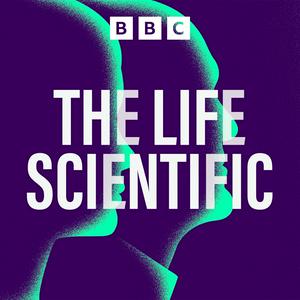
Obtenha o aplicativo gratuito radio.net
- Guardar rádios e podcasts favoritos
- Transmissão via Wi-Fi ou Bluetooth
- Carplay & Android Audo compatìvel
- E ainda mais funções
Obtenha o aplicativo gratuito radio.net
- Guardar rádios e podcasts favoritos
- Transmissão via Wi-Fi ou Bluetooth
- Carplay & Android Audo compatìvel
- E ainda mais funções


The Life Scientific
Leia o código,
baixe o aplicativo,
ouça.
baixe o aplicativo,
ouça.


